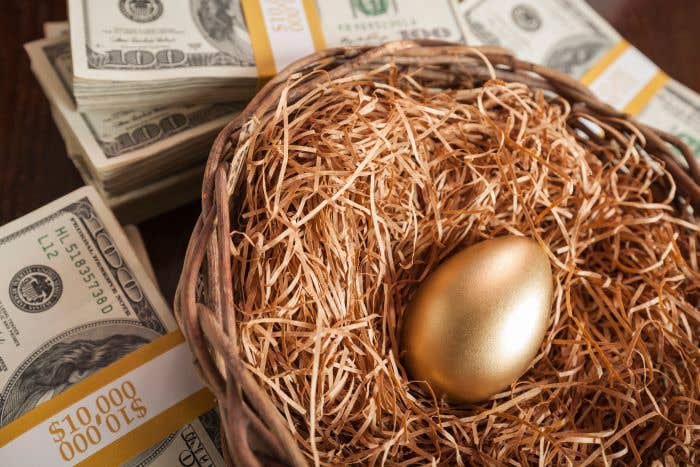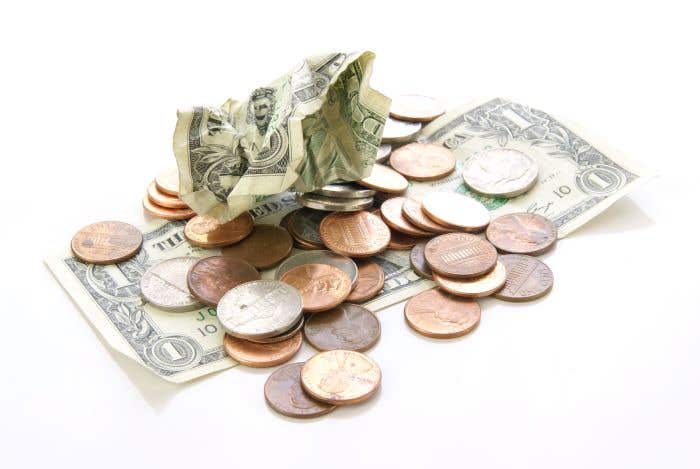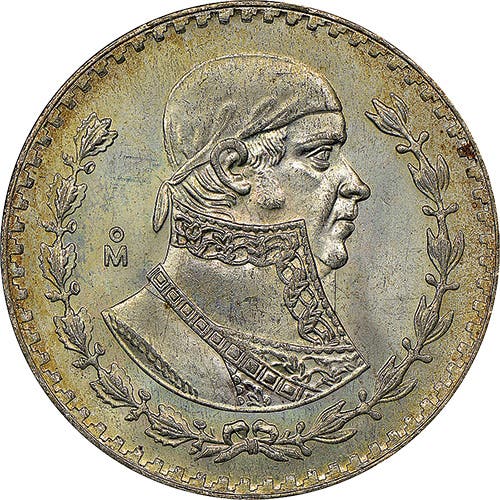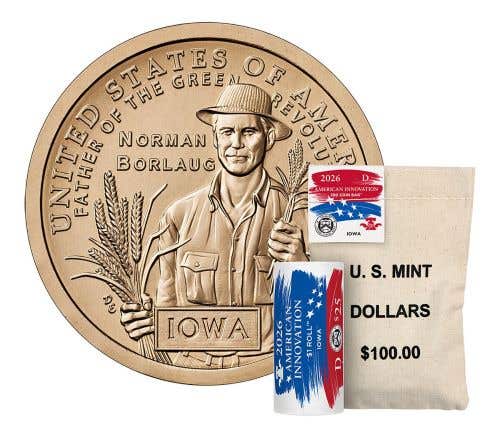Coin and Bullion Sales Tax Exemption Progress Report
The National Coin & Bullion Association determined from its 2016 national dealer survey that states that exempt precious metals bullion, coins and even currency from sales tax were likely to…
The National Coin & Bullion Association determined from its 2016 national dealer survey that states that exempt precious metals bullion, coins and even currency from sales tax were likely to experience a net increase in total sales tax collections. Since then, several more states have enacted such sales tax exemptions.
There are five states that have no state sales tax: Alaska, Delaware, Montana, New Hampshire and Oregon. Another 35 have adopted complete or partial sales tax exemptions on bullion, coin and currency sales.
There are 10 states and the District of Columbia that do not yet have such sales tax exemptions: Hawaii, Kentucky, Maine, Mississippi, Nevada, New Jersey, New Mexico, Tennessee, Vermont and Wisconsin. But dealers and collectors are working in several of these states to try to gain such exemptions in 2022.
When Alabama adopted its exemption effective Oct. 1, 2018, the legislation had an expiration date (known as a sunset provision) five years later. In mid-February, SB 13 was unanimously passed out of the Senate Finance and Taxation Education Committee to extend the exemption for 10 more years, making a minor tweak to set a minimum purity of exempt bullion products to 90 percent from the current 80 percent. Although this has not yet completed the path to passage and enactment, a positive outcome is expected.
Hawaii’s HB 1184 HD1 was introduced in 2021. The House Committee on Economic Development passed it out of committee on Feb. 18, 2021. It then went to the House Finance Committee, which voted 11-4 on March 3, 2021, to pass it along. However, when President Biden’s 2021 COVID relief bill was enacted in 2021, the new law specifically prohibited states from using any of these funds to cut taxes. Therefore, further action was suspended. Now that there is a judicial decision (pending possible appeal) that state governments can enact tax cuts, the House Finance Committee again voted 11-3 on Feb. 28, 2022, to pass it along. The next step will be referral to a Senate Committee.
Kentucky has an exemption bill HB 272 before the House Appropriations & Revenue Committee. It is quite possible that the language of the bill will become part of a larger bill that includes multiple non-controversial issues that can be more efficiently approved into law with a single round of legislative votes.
Mississippi has multiple exemption bills entered in its House of Representatives. On Feb. 17, 2022, HB 426 passed the full House by a vote of 121-1. It is now assigned to the Senate Appropriations Committee for further action.
In New Jersey, Assembly Bill 5285 was introduced in 2021. A lobbyist projected a significant likelihood that an effort to gain passage could succeed, but quoted a sizeable fee to advocate for the bill. Dealers were unable to raise sufficient funds to afford the lobbyist, so this bill is unlikely to make any progress.
In Tennessee, HB 1874 is the current bill in a multi-year effort seeking to gain an exemption. It was referred to the House Ways and Means Committee, which was holding action until toward the end of the session when all legislation affecting state government revenues are considered. There may be some progress almost any day on this bill.
I have volunteered my time with the National Coin & Bullion Association (www.ictaonline.org), the current trade name of the Industry Council for Tangible Assets, on sales tax exemption efforts in multiple states since the mid-1990s. Almost all have already succeeded. The organization has amassed significant documentation to support sales tax exemption efforts. As each new exemption is achieved, it makes it easier to advocate for the next state exemption. However, since the NCBA operates with a skeleton staff and budget, most of the work and all of the financial costs of seeking an exemption in any state must be handled by dealers and collectors in that state.
It is not intuitive for a legislator to think that a tax exemption could result in a net increase in sales tax collections. That is where the accumulated knowledge available from NCBA can make a huge difference in gaining a new exemption.
If any of the states with bills now pending do enact an exemption, that will create additional support for other states to do the same. If you live in any state that has an exemption bill now pending or does not yet have an exemption effort under way, please contact the NCBA for guidance. Reach NCBA Executive Director David Crenshaw at icta@ictaonline.org or call (678) 430-3252.









